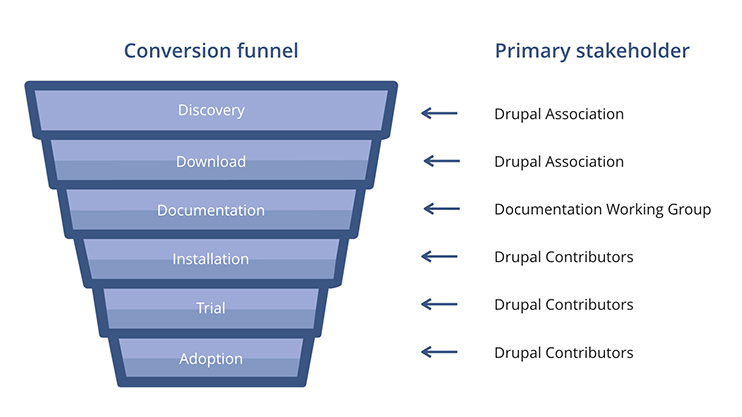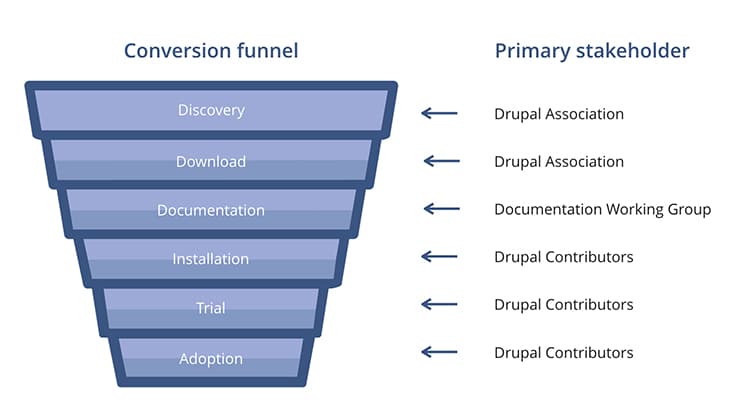Yes, Laravel can run on shared hosting. However, there are certain requirements to ensure smooth operation. Firstly, ensure that the hosting provider supports PHP version 7 or higher and has the necessary dependencies like Composer and Node.js. Additionally, make sure you have sufficient storage space and memory allocation. While shared hosting may have limitations compared to dedicated servers, Laravel can still be deployed and run successfully with appropriate configurations.
When it comes to hosting a Laravel application on a shared hosting environment, there are some limitations and challenges that need to be considered. One such challenge is the requirement of certain server configurations and dependencies that Laravel relies on to run smoothly. Shared hosting platforms are often more limited in terms of the resources and server settings they provide, which can make it difficult to meet the requirements of Laravel.
However, it is not impossible to run Laravel on shared hosting. With careful planning and configuration, it is possible to make Laravel work on a shared hosting environment. One approach is to use a shared hosting provider that offers support for Laravel specifically, with pre-installed dependencies and optimized server settings. Additionally, managing the resource usage and optimizing the code of your Laravel application can significantly improve its performance on shared hosting. By understanding the limitations and making the necessary adjustments, you can make Laravel work effectively on a shared hosting platform.

Can Laravel Run on Shared Hosting?
Laravel is a popular PHP framework known for its elegant syntax, developer-friendly features, and robust capabilities. Many developers choose Laravel for their web applications due to its scalability, security, and ease of use. However, when it comes to hosting, there may be questions about whether Laravel can run on shared hosting.
Shared hosting is a common type of web hosting where multiple websites are hosted on the same server. It is an affordable option for small to medium-sized websites, as the cost is shared among multiple users. Shared hosting environments usually have resource limitations, which can affect the performance of certain frameworks.
So, can Laravel run on shared hosting? The answer is yes, but it may require some additional considerations and configurations. While Laravel is compatible with shared hosting, you need to ensure that your hosting provider meets the minimum requirements for running Laravel applications.
Minimum Requirements for Running Laravel on Shared Hosting
Before you can run Laravel on shared hosting, you need to check if the hosting environment meets the minimum requirements. Here are the basic requirements for running a Laravel application:
- PHP version 7.3 or above
- Composer installed
- OpenSSL extension enabled
- PDO extension enabled
- Mbstring extension enabled
- Tokenizer extension enabled
- XML extension enabled
Most shared hosting providers support PHP and have these extensions enabled by default. However, it’s essential to verify with your hosting provider that the required PHP version and extensions are available in your hosting environment.
In addition to the minimum requirements, Laravel also requires certain features and configurations to function correctly. You may need to adjust the server settings and perform additional steps to ensure smooth operation. Let’s explore some considerations for running Laravel on shared hosting in the following sections.
Considerations for Running Laravel on Shared Hosting
1. File Permissions
Laravel requires specific file permissions to function correctly. To ensure that Laravel can read and write to the necessary files and directories, you need to set the correct file permissions.
You can set the appropriate permissions using the command line or a File Transfer Protocol (FTP) client. The recommended file permissions for Laravel are:
- Directories: 755
- Files: 644
By setting the correct file permissions, you enable Laravel to perform essential tasks such as writing log files and caching data.
2. Environment Configuration
In Laravel, the environment configuration is stored in the .env file. This file contains sensitive information such as database credentials and encryption keys. When running Laravel on shared hosting, it’s crucial to secure the .env file and prevent unauthorized access.
To secure the .env file, you can move it to a location outside the web root directory or restrict access to it using server configurations like .htaccess rules.
Additionally, make sure to keep your database credentials and other sensitive information confidential, as shared hosting environments are less secure compared to dedicated servers or virtual private servers (VPS).
3. Performance Considerations
Shared hosting environments often have resource limitations, which can impact the performance of Laravel applications. To optimize performance, consider implementing the following strategies:
- Use caching mechanisms like Redis or Memcached to reduce database queries
- Minimize the use of heavy libraries and unnecessary dependencies
- Utilize Laravel’s caching system to store frequently accessed data
- Implement code optimization techniques to improve execution speed
By implementing performance optimization techniques, you can enhance the speed and efficiency of your Laravel application on shared hosting.
Conclusion
Despite the limitations of shared hosting, Laravel can indeed run on this type of hosting. By ensuring that your hosting environment meets the minimum requirements and making necessary configurations, you can host your Laravel applications on shared hosting without any issues.
However, it’s essential to be aware of the potential performance limitations and security considerations associated with shared hosting environments. If your Laravel application requires extensive resources or demands high levels of security, you may consider alternative hosting options such as VPS or dedicated servers.
Ultimately, running Laravel on shared hosting depends on the specific requirements and constraints of your project. By understanding the considerations and making informed choices, you can successfully deploy and maintain Laravel applications on shared hosting.
Key Takeaways: Can Laravel Run on Shared Hosting?
- Yes, Laravel can run on shared hosting.
- Shared hosting is a cost-effective option for hosting Laravel applications.
- Shared hosting may have limitations, such as restricted access to server settings.
- Laravel requires certain PHP extensions to be enabled on the shared hosting server.
- Shared hosting providers may offer specific Laravel hosting plans for better compatibility and performance.
Yes, Laravel can run on shared hosting, but there are some limitations to consider.
Shared hosting usually has limited resources, and Laravel requires certain extensions and configuration settings that may not be available. It’s important to check with your hosting provider to ensure compatibility and make any necessary adjustments to run Laravel smoothly.

